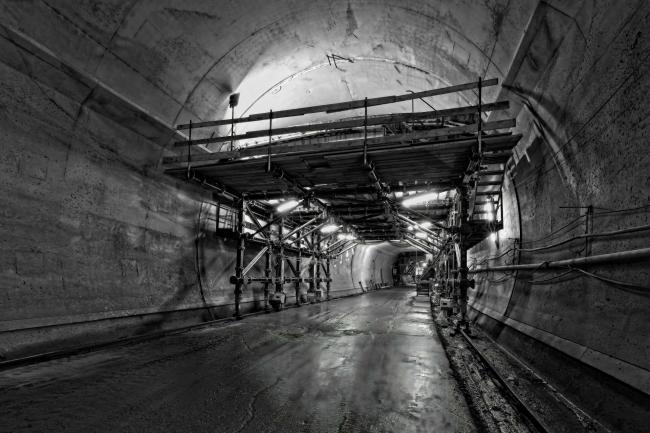Articles Menu

Jun. 12, 2025
In a misguided frenzy of ‘cutting red tape’ and fast-tracking major infrastructure projects, governments across Canada are creating the conditions for their own failure.
Ontario and British Columbia have been the first to jump off a cliff without a parachute. The federal government is inching towards the edge.
All three mistakenly believe the processes in place to consult with Indigenous people are obstacles preventing them from reaching the infrastructure golden land. If only the processes could be truncated or dodged completely, ports, mines and pipelines would suddenly sprout across the country like mushrooms after a warm rain.
Their wishful thinking will soon turn into a bad dream.
Federal and provincial governments can amend their laws to weaken regulatory oversight and absolve themselves of decision-making responsibilities, but they can't unilaterally amend the constitution.
Legally enforceable obligations to consult Indigenous people and justify any infringement of their established rights exist 'upstream' of federal and provincial laws. They are constitutional obligations that can't be skipped over in a mad frenzy of infrastructure building or trumped by the so-called national interest.
In 2004, over the objections of First Nations, the Supreme Court green-lighted governments relying on their own regulatory processes to fulfill their constitutional obligations to Indigenous people. Over the last 20 years numerous court decisions have upheld government reliance on these processes, especially environmental assessments.
As a consequence, a lofty constitutional obligation has gradually been reduced to a box-ticking exercise that revolves around creating a consultation record. As long as the process is followed, at the end of the day the proposed project will most likely be approved. The only unavoidable requirement is that there must be a process.
Ontario and British Columbia have decided to dispense with their regulatory safety net. The federal government is now proposing to follow suit. Instead of time-consuming certainty, they are choosing a shortcut to chaos.
First Nations will file lawsuits. The courts will find that these governments have failed to provide sufficient processes to ensure meaningful consultation. Much hyped infrastructure and resource extraction projects will be halted. Capital will flee the country. Indigenous people will be blamed for it all.
The real fault will lie with the governments of today and their shortsighted disrespect for Indigenous people and their constitutional rights.
| Dr. Bruce McIvor, lawyer and historian, is senior partner at First Peoples Law LLP. He is also an Adjunct Professor at the University of British Columbia’s Allard School of Law where he teaches the constitutional law of Aboriginal and Treaty rights. He is the author of two books on Indigenous rights: Indigenous Rights in One Minute: What You Need to Know to Talk Reconciliation (2025) and Standoff: Why Reconciliation Fails Indigenous People and How to Fix It (2021). He is a member of the Manitoba Métis Federation. |
First Peoples Law LLP is a law firm dedicated to defending and advancing the rights of Indigenous Peoples. We work exclusively with Indigenous Peoples to defend their inherent and constitutionally protected title, rights and Treaty rights, uphold their Indigenous laws and governance and ensure economic prosperity for their current and future generations.
For more First Peoples Law analysis, visit our blog
Sign up for our First Peoples Law Report